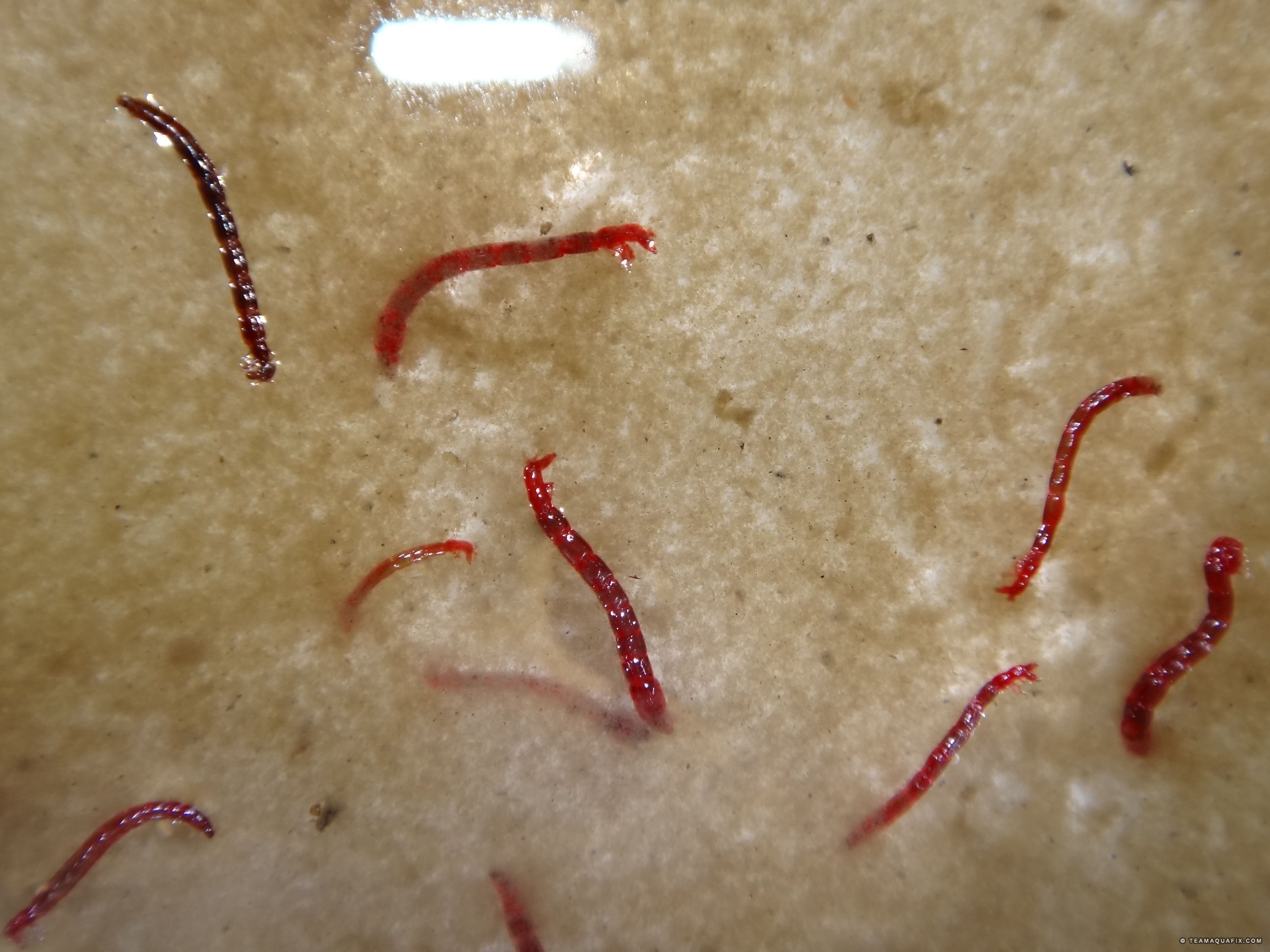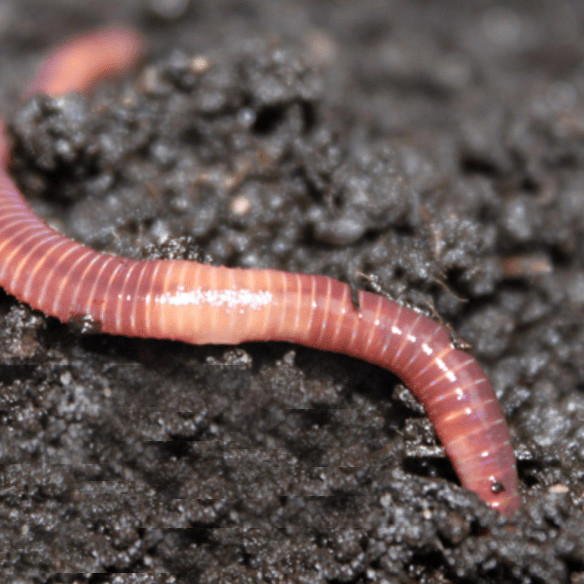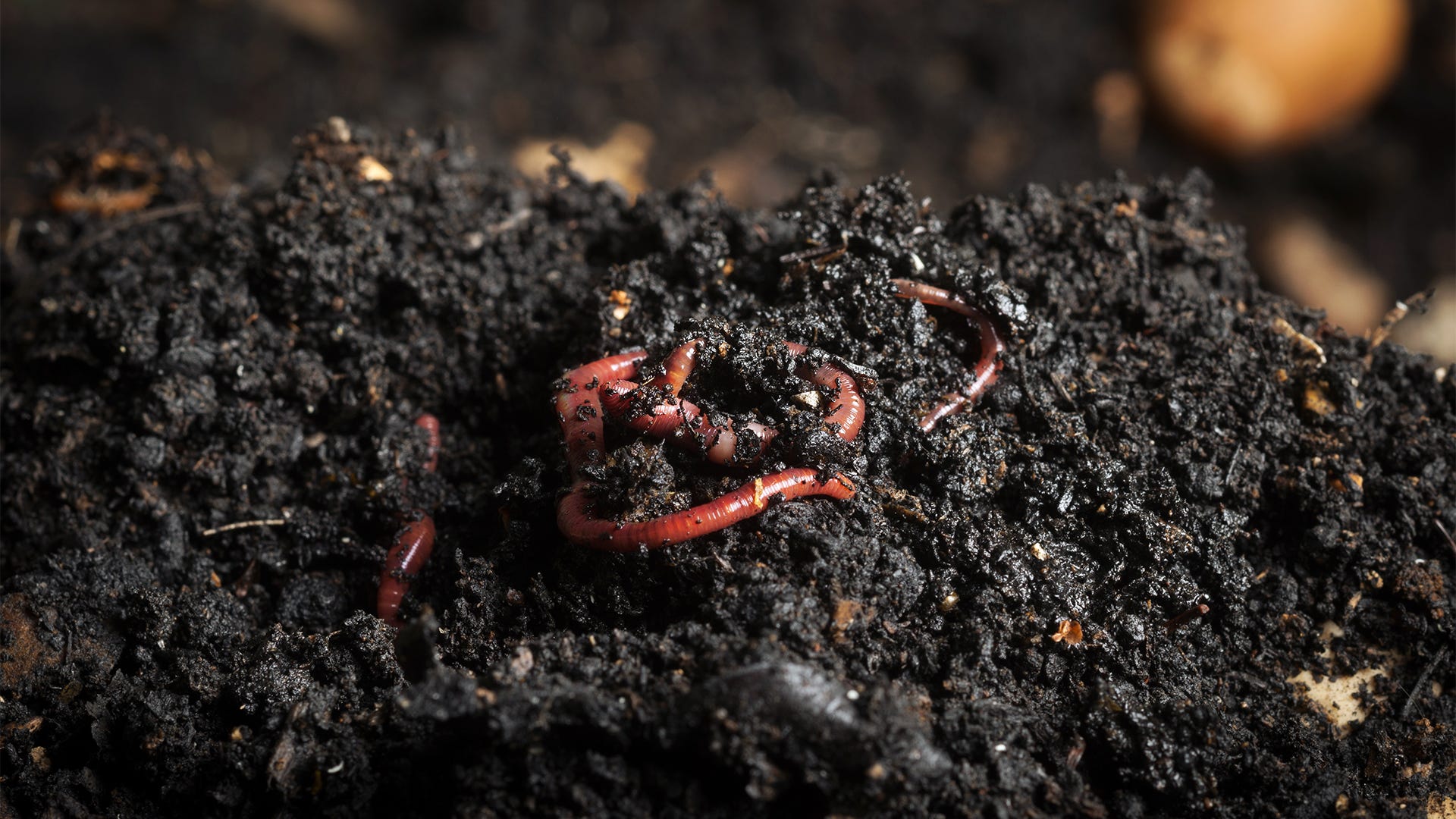Red wigglers: For organic waste solutions
Wiki Article
Why Red Wigglers Are Crucial for Organic Farming
Red wigglers play a critical duty in organic farming, mostly through their distinct ability to decompose organic products and enhance soil wellness. Their task not only enriches the dirt with important nutrients yet likewise cultivates a successful ecological community essential for lasting agriculture. The physical procedures they involve in, such as oygenation and dampness retention, contribute dramatically to boosted plant returns. However, the degree of their effect on agricultural methods and dirt biology increases intriguing questions regarding the future of organic farming. What effects might this have for farming methods?Duty of Red Wigglers in Soil Health And Wellness

Furthermore, red wigglers improve soil structure by producing networks as they delve. These channels improve aeration and water seepage, promoting a healthier root atmosphere. Their activity also assists in maintaining optimum moisture degrees, which is essential for healthy and balanced plant development.

Benefits of Worm Spreadings
Worm spreadings, the nutrient-rich excrement created by red wigglers, function as an effective amendment for natural farming. These spreadings are brimming with important nutrients such as nitrogen, phosphorus, and potassium, which are important for plant development. Unlike synthetic plant foods, worm spreadings release nutrients gradually, supplying a constant supply with time and reducing the threat of nutrient leaching and drainage.Furthermore, worm spreadings enhance dirt framework and oygenation, advertising much healthier origin systems. Their high raw material material enhances wetness retention, enabling plants to better hold up against drought problems. Additionally, worm spreadings have useful microbes that support plant health and wellness by suppressing virus and improving nutrient uptake.
The application of worm castings can result in raised crop yields and boosted top quality of produce, making them an indispensable source for natural farmers. Their use likewise aligns with lasting farming techniques, adding to dirt fertility without the unfavorable environmental impacts connected with chemical fertilizers. In general, the unification of worm spreadings into agricultural methods promotes a much more resistant and effective environment, emphasizing the value of red wigglers in chemical-free farming systems.

Enhancing Nutrient Biking
(eisenia fetida for sale)Nutrient biking is an essential process in natural farming, and the assimilation of red wigglers plays a critical role in enhancing this cycle. As red wigglers take in decaying organic matter, they secrete nutrient-rich spreadings, which are bursting with beneficial microbes.In addition, red wigglers aid Read Full Article to speed up the mineralization of nutrients, transforming them from inert kinds into bioavailable types that plants can soak up. This process is essential for preserving soil fertility and promoting healthy plant growth. The presence of red wigglers likewise motivates a varied dirt ecosystem, fostering an equilibrium of nutrients that supports numerous plant species.
Improving Soil Structure
The enhancement of dirt framework is important for promoting a healthy and balanced agricultural environment, and the activity of red wigglers substantially adds to this renovation. These earthworms play an important role in aerating the soil and developing a network of networks that promote water seepage and origin infiltration. As they burrow through the soil, red wigglers damage up compressed layers, permitting much better oxygen exchange and promoting microbial activity.Additionally, the raw material produced from their waste, referred to as vermicast, improves soil gathering. This procedure develops steady clumps of soil fragments, boosting dirt porosity and minimizing disintegration (red wigglers). The presence of red wigglers additionally motivates the growth of valuable fungal networks, which are vital for nutrient uptake by plants
Encouraging Sustainable Practices
Incorporating red wigglers into natural farming methods not only enhances dirt wellness however also advertises sustainable agricultural techniques. These earthworms play an essential duty in vitamins and mineral cycling, transforming natural waste right into useful garden compost that improves the soil. By utilizing red wigglers, farmers can effectively lower dependence on artificial plant foods, thus reducing chemical runoff and its damaging impacts on communities.Moreover, the incorporation of red wigglers encourages the practice of reusing organic products, such as kitchen area scraps and ranch waste. This waste decrease method not just lowers disposal prices yet also promotes a closed-loop system where nutrients are continuously returned to the dirt (red wigglers). Such methods are necessary in mitigating environment change, as they improve carbon sequestration and decrease greenhouse gas discharges
Moreover, red wigglers enhance water retention in the soil, which is essential in times of drought. Their burrowing activities produce channels that allow water to penetrate much deeper right into the ground, therefore advertising reliable water usage. Eventually, incorporating red wigglers right into organic farming not just sustains biodiversity yet additionally straightens with the principles of sustainable farming, offering an alternative approach to food production.
Conclusion
To conclude, red wigglers play a vital role in organic farming by dramatically boosting dirt wellness and fertility. Their capacity to decay raw material and create nutrient-rich castings promotes a successful microbial area, which is essential for vitamins and mineral cycling. Additionally, the tunneling tasks of these worms enhance dirt framework and aeration, facilitating far better water seepage and origin development. Thus, the combination of red wigglers into farming practices is important for promoting sustainability and improving total soil high quality.Report this wiki page